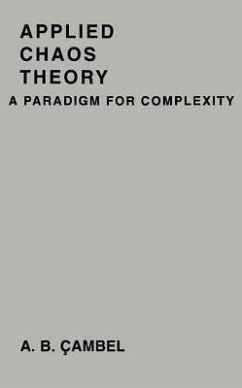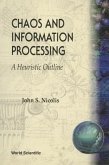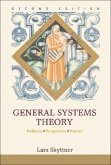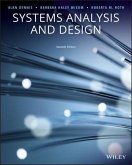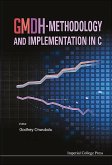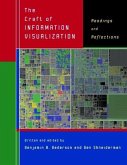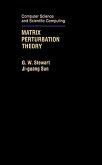This book differs from others on Chaos Theory in that it focuses on its applications for understanding complex phenomena. The emphasis is on the interpretation of the equations rather than on the details of the mathematical derivations. The presentation is interdisciplinary in its approach to real-life problems: it integrates nonlinear dynamics, nonequilibrium thermodynamics, information theory, and fractal geometry. An effort has been made to present the material ina reader-friendly manner, and examples are chosen from real life situations. Recent findings on the diagnostics and control of chaos are presented, and suggestions are made for setting up a simple laboratory. Included is a list of topics for further discussion that may serve not only for personal practice or homework, but also as themes for theses, dissertations, and research proposals. Key Features *Includes laboratory experiments Includes applications and case studies related to cell differentiation, EKGs, and immunology * Presents interdisciplinary applications of chaos theory to complex systems * Emphasizes the meaning of mathematical equations rather than their derivations * Features reader friendly presentation with many illustrations and interpretations * Deals with real life, dissipative systemsIntegrates mathematical theory throughout the text
Hinweis: Dieser Artikel kann nur an eine deutsche Lieferadresse ausgeliefert werden.
Hinweis: Dieser Artikel kann nur an eine deutsche Lieferadresse ausgeliefert werden.

